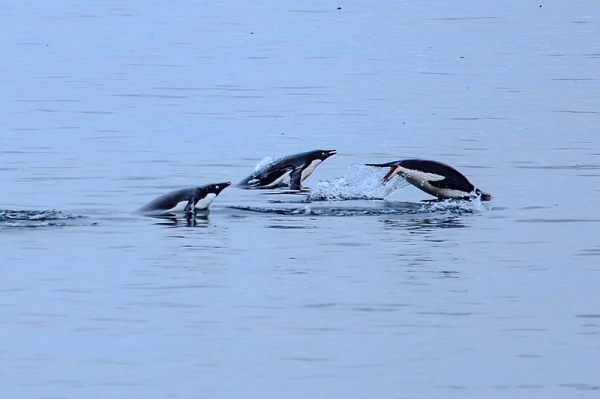This week, an international group of 10 scientists is calling for protective limits on fishing in Antarctica’s Southern Ocean, reporting in the journal Science that current levels of fishing, combined with climate change, are taking a concerning toll on a diverse ecosystem of global importance.
“We cannot ignore the increasing evidence of the ecosystem impacts of fishing in its current form and the dire threat posed by climate change,” said Cassandra Brooks, lead author of the commentary and assistant professor of environmental studies at CU Boulder. “Given the immense global value of the Southern Ocean, we must urgently implement tools toward more sophisticated spatial management and consider the full suite of values, and trade-offs, in continuing fishing in its current form.”
The vast Southern Ocean surrounding Antarctica comprises about 10% of the world’s oceans and plays a major role in global climate regulation and carbon storage. As one of the healthiest marine ecosystems left in the world, it is home to a diverse marine ecosystem of fishes, whales, seals, birds, invertebrates and microorganisms, many of which depend on its resources during seasonal migrations.
Commercial fishing for Antarctic toothfish, sold to high-end restaurants as Chilean Sea Bass, and krill, used as fishmeal and fish oil supplements, threatens the food chain in the Southern Ocean from both the top and the bottom, respectively. The authors argue that allowing fishing of these and other marine animals to continue in its present form jeopardizes this ecosystem and is increasingly unsustainable, with benefits realized by only a few wealthy nations and contributing little to global food security.
Read more at University of Colorado at Boulder
Photo Credit: Murray Foubister via Wikimedia Commons


